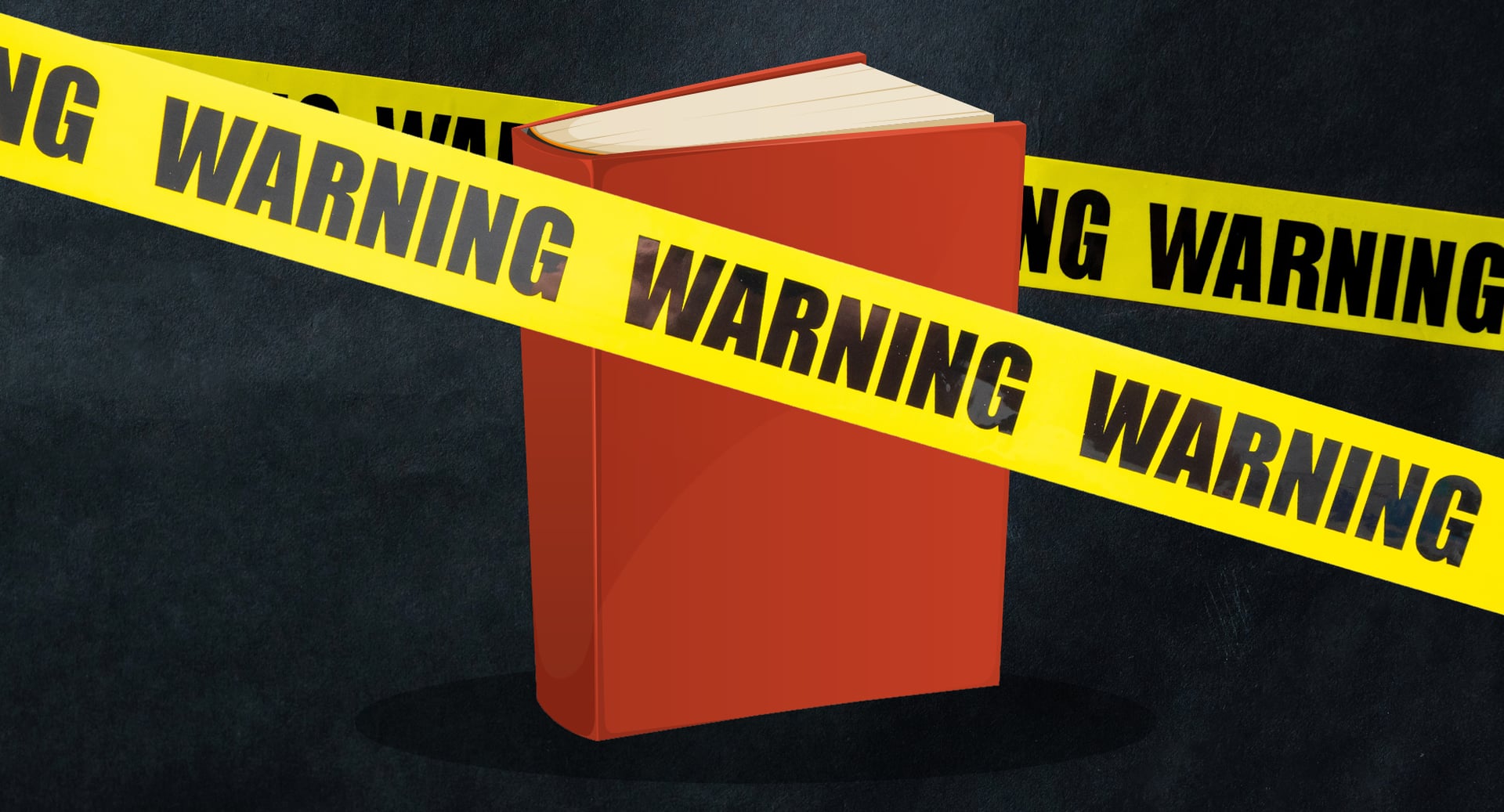Q&A
The Downside of Trigger Warnings

Although well-intentioned, trigger warnings may have negative side-effects. Learn what the science says with Harvard University professor and leading expert in anxiety disorders, Richard McNally.
Q
Where did the idea of trigger warnings come from?
A
Q
In the case of trigger warnings, what is usually the definition of "trigger"?
A
Q
Are trigger warnings for distressing content psychologically helpful, harmful or neutral for students, group participants, in the media and so on?
A
Q
Can trigger warnings influence the beliefs or identities of trauma survivors?
A
Q
I'm uncomfortable with the term "trigger". As a trainer, I might say that "some of the content may bring up uncomfortable feelings" and then follow with a reminder about self-care. Can that help lessen anxiety? Is there something else I could say?
A
Q
Are the effects of trigger warnings different for traumatized vs non-traumatized people?
A
Q
What percent of people opt out of viewing or reading material when there has been a trigger warning?
A
Q
I teach postgraduate psychology students and some have expressed concern when not given "trigger warnings." How should I explain why I won't be doing that?
A
Q
How can therapists help clients develop resilience to potentially distressing content?
A
You may also like